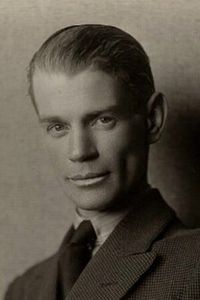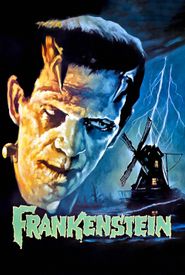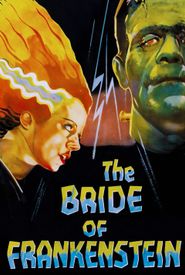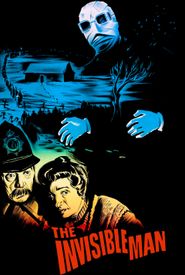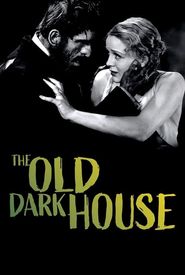James Whale, a trailblazing English film director, theatre director, and actor, left an indelible mark on the horror film genre, cementing his status as a pioneer in the field. His illustrious career was marked by the direction of iconic masterpieces, including the 1931 cinematic adaptation of Mary Shelley's Frankenstein, which catapulted him to international acclaim.
Whale's subsequent endeavors, such as the 1932 thriller The Old Dark House and the 1933 sci-fi classic The Invisible Man, further solidified his reputation as a master of the macabre. His crowning achievement, however, remains the 1935 masterpiece Bride of Frankenstein, a film that continues to awe audiences with its eerie atmosphere, clever script, and outstanding performances.
Throughout his career, Whale's innovative storytelling, visual flair, and ability to elicit top-notch performances from his casts have made him a beloved figure in the world of horror cinema. His impact on the genre is still felt today, with many regarding him as one of the most influential horror directors of all time.
Despite his untimely passing in 1957, James Whale's legacy continues to inspire new generations of filmmakers, actors, and horror enthusiasts alike. His remarkable body of work remains a testament to his boundless creativity, artistic vision, and dedication to his craft.
Julian Dupré Whale, a renowned figure, entered this world on July 22, 1889, in Dudley, England, a town that would serve as the humble beginnings of a life that would be marked by artistic excellence and a trailblazing career. As the youngest of a large family, Whale's earliest years were spent surrounded by the warmth and love of his family, which would undoubtedly play a significant role in shaping his future endeavors.
It was during his formative years that Whale's artistic talent began to flourish, and he became increasingly fascinated with the world of art. This early passion would eventually lead him to pursue formal education in the field, laying the foundation for a career that would be marked by innovation and creativity.
However, Whale's life took an unexpected turn when he enlisted in the British Army during World War I. Rising through the ranks, he became an officer, and his bravery in battle earned him the respect and admiration of his comrades. Unfortunately, his military exploits were cut short when he was captured by the Germans, and Whale found himself imprisoned as a prisoner of war.
Despite the challenges and hardships he faced during his captivity, Whale's experiences during this period had a profound impact on his life and career. It was during this time that he developed a deep interest in drama, an interest that would eventually become a defining aspect of his work.
Following the conclusion of the war, James Whale's multifaceted talents were redirected towards the world of acting, set design, and direction. As his career continued to flourish, he made the significant decision to relocate to the United States in 1928, marking a pivotal moment in his life as he took the reins to direct the highly acclaimed play "Journey's End" on the esteemed Broadway stage. This marked the beginning of a new chapter in his life, as he would later venture into the realm of Hollywood, where he would reside for the remainder of his life.
John Whale's cinematic endeavors were distinguished by his singular approach, which was significantly shaped by the aesthetic principles of German Expressionism and his innovative use of camera movement. During his tenure at Universal Studios, spanning from 1930 to 1936, he helmed an impressive array of over a dozen films, showcasing his versatility and artistic vision. Some of his most notable works from this period include the 1930 drama "Journey's End", the 1936 musical "Show Boat", and the 1937 sequel "The Road Back", which served as a follow-up to the critically acclaimed "All Quiet on the Western Front".
Despite achieving considerable success in his professional life, the trajectory of James Whale's career took a downturn following the release of his film, The Road Back, which had been significantly altered by studio interference and external political pressures. This marked a turning point in his career, as he shifted his focus towards directing for the stage and rekindled his passion for painting and travel.
Katharine du Pre Traylen Whale, a renowned filmmaker of his era, met a tragic demise on May 29, 1957, when he took his own life by intentionally drowning himself in the swimming pool situated in the backyard of his residence.
Notably, Whale's profession was marked by his unwavering openness about his homosexuality, a characteristic that was uncommon during his lifetime.
As a master of his craft, Whale's remarkable talent, versatility, and resilience have left an indelible mark on the world of film and theatre, with his life and career serving as a shining testament to his enduring impact.
